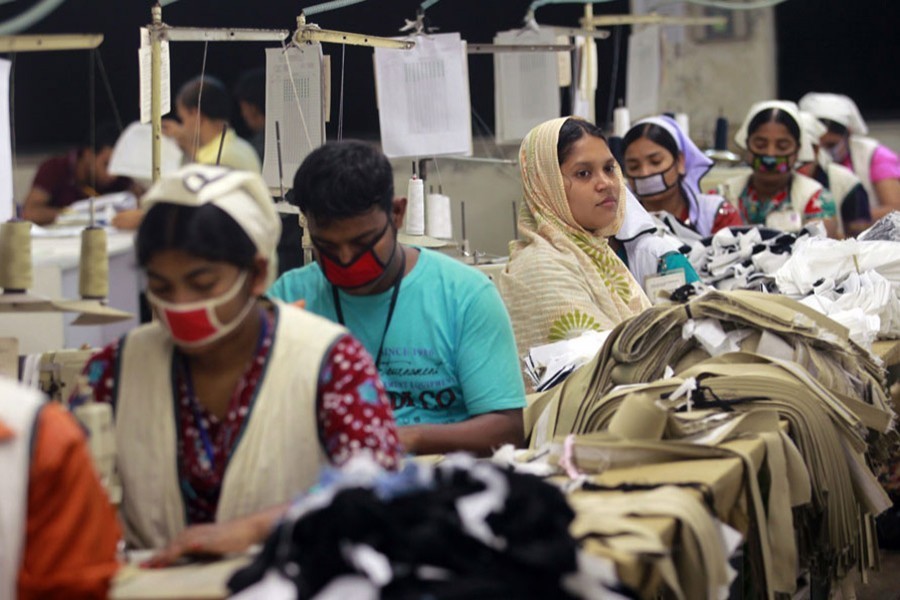Social Compliance is concerned with how a business treats its employees with regards to health, safety, wages and benefits. It is a continuing process in which parties look for better ways to protect the health, safety and fundamental rights of their employees and enhance the community they operate in. When a business entity establishes best practices, it will gain nationwide prestigious acceptance. This increases national competitiveness and reduces the burden on manufacturers. As a result, Social Compliance creates worker satisfaction and boosts productivity. Readymade garment (RMG) factories, especially in Bangladesh, face the biggest challenge at implementing Social Compliance Standards as work conditions at these factories deteriorate from time to time.
Social Compliance is governed by SA8000 Standard which has set nine requirements for every organisation around the world. These include no child labour, health and safety, non-discrimination, work hours and more. Other global standards include those recognised by WRAP, BSCI, ILO, SEDEX etc. A certification from any of these organisations can enhance differentiation in a fiercely competitive global industry. Hence companies give their utmost effort to not violate any of the Standards. In Bangladesh, social compliance is monitored by Bangladesh Garments Manufac-turers and Exporters Association (BGMEA) and Bangladesh Knitwear Manufacturers and Exporters Association (BKMEA).
The RMG sector has emerged as the most important industry in Bangladesh in the last three decades. However with increase in work pressure, there have been serious violations of compliance standards over time, resulting in disastrous organisational accidents. In the aftermath of such events like the Rana Plaza collpase in 2013, US President Barack Obama suspended US Trade Privileges for Bangladesh, also known as the Generalised System of Preference (GSP). However, Walmart donated over a million dollars to North South University's Environment, Health and Safety Academy (EHS+) to improve fire safety in RMG Factories.
Around 180 companies of Europe, International and local trade unions, Bangladeshi employers and the Government of Bangladesh coordinated an agreement called 'Accord on Fire & Building Safety'. Besides that an association of 26 American companies formed the 'Alliance for Bangladesh Worker Safety' which started inspecting around 2,100 factories since 2014. Additionally, the Bangladesh Government updated the Bangladesh Labour Act 2006 to add 'employee welfare fund'. Also, employers were barred to prevent formation of worker unions.
Besides these efforts, at least 150 Bangladeshi factories are being turned into 'Green Factories', which meets the best compliance standards of the world. Still 4,000 woven and knitwear factories in the country are in constant pressure from international buyers to improve their workplace safety.
It is certainly positive that the different stakeholders of the RMG sector are pressing for improvements in the working conditions and pushing for better social compliance. These improvements need to be a continuous process. Only through such steps, the incidents of the past will be duly rectified and Bangladesh will emerge with a new face in the global market. The RMG enterprises are increasingly ensuring safe working conditions for the workers and becoming socially accountable. Hopefully, over time, Bangladesh will set an example for other countries about how Social Compliance can be ensured in the different sectors.
Aiman R Khan is an Advocate at the Dhaka Judge Court


